Public Audit Committee
Annual Report 2022-23
Introduction
This annual report covers the work of the Public Audit Committee (the Committee) between 13 May 2022 to 12 May 2023.
The Committee’s audit work is focused on the scrutiny of reports produced by the Auditor General for Scotland (the Auditor General). The Auditor General is responsible for scrutinising the expenditure and performance of directorates of the Scottish Government and most other public spending bodies (with the exception of local authorities). Through its scrutiny of the Auditor General’s reports, the Committee helps to ensure public funds are spent wisely and it holds to account those who are charged with spending taxpayers’ money. The total budget for the Scottish Government and its agencies in 2021/22 was over £50 billion. The Committee, through its scrutiny of the Auditor General’s reports, considered how this money was spent and the outcomes that have been achieved.
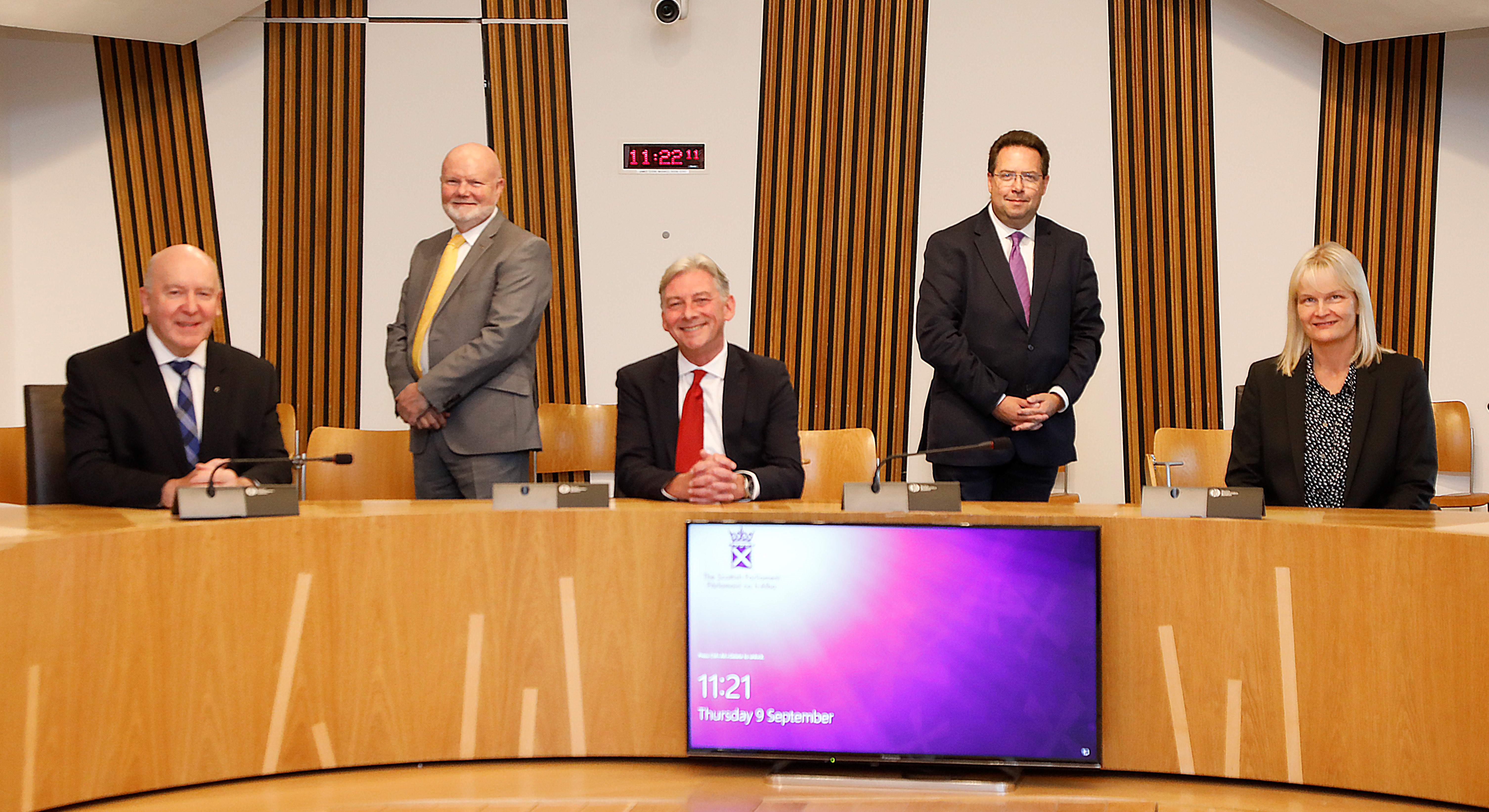
Scrutiny of Auditor General reports
The Committee scrutinised eight new reports published by the Auditor General during the reporting period, five of which were ‘Section 22 reports'i These reports set out issues of concern or interest, highlighted by the Auditor General in relation to the audit of accounts of individual public bodies. A further three reports were ‘Section 23 reports’ ii which examine the economy, efficiency and effectiveness of the public sector. The Committee took oral evidence from the Auditor General and/ or Audit Scotland on all reports.
In addition to these reports, the Auditor General continued to produce other audit outputs including briefings and blogs. These outputs enable the Auditor General to comment quickly on key and emerging issues. In the reporting year, the Committee considered four outputs of this nature, allowing the Committee to take a more reactive approach to its scrutiny of topical issues.
In addition to scrutinising reports, briefings and blogs from Audit Scotland, the Committee continues to receive update reports from the Scottish Government on Major Capital Projects, Major ICT projects and settlement agreements.
A full list of reports and other outputs considered by the Committee during the reporting year is as follows:
Section 22 reports
The 2021/22 audit of the Commissioner for Ethical Standards in Public Life in Scotland
The 2021/22 audit of the Crofting Commission
The 2021/22 audit of Ferguson Marine Port Glasgow (Holdings) Limited
The 2020/21 audit of National Records of Scotland.
The 2021/22 audit of the Scottish Government Consolidated Accounts
Section 23 reports
NHS in Scotland 2022
Scotland’s financial response to Covid-19
Social Security: Progress on implementing the devolved benefits
Other audit outputs
Scotland’s colleges 2022
Scotland’s economy: Supporting businesses through the Covid-19 pandemic
Scotland’s public finances: Challenges and risks
Tackling child poverty
Administration of Scottish income tax 2021/22
Comptroller and Audit General (C&AG), National Audit Office report on the Administration of Scottish income tax 2021/22
Auditor General for Scotland’s assurance report on the C&AG’s Administration of Scottish income tax 2021/22 report
National Fraud Initiative
National Fraud Initiative 2021/22
Committee reports
The Committee published one report in the reporting year:
Further information on the Committee’s work on this report can be found in paragraphs 9-14.
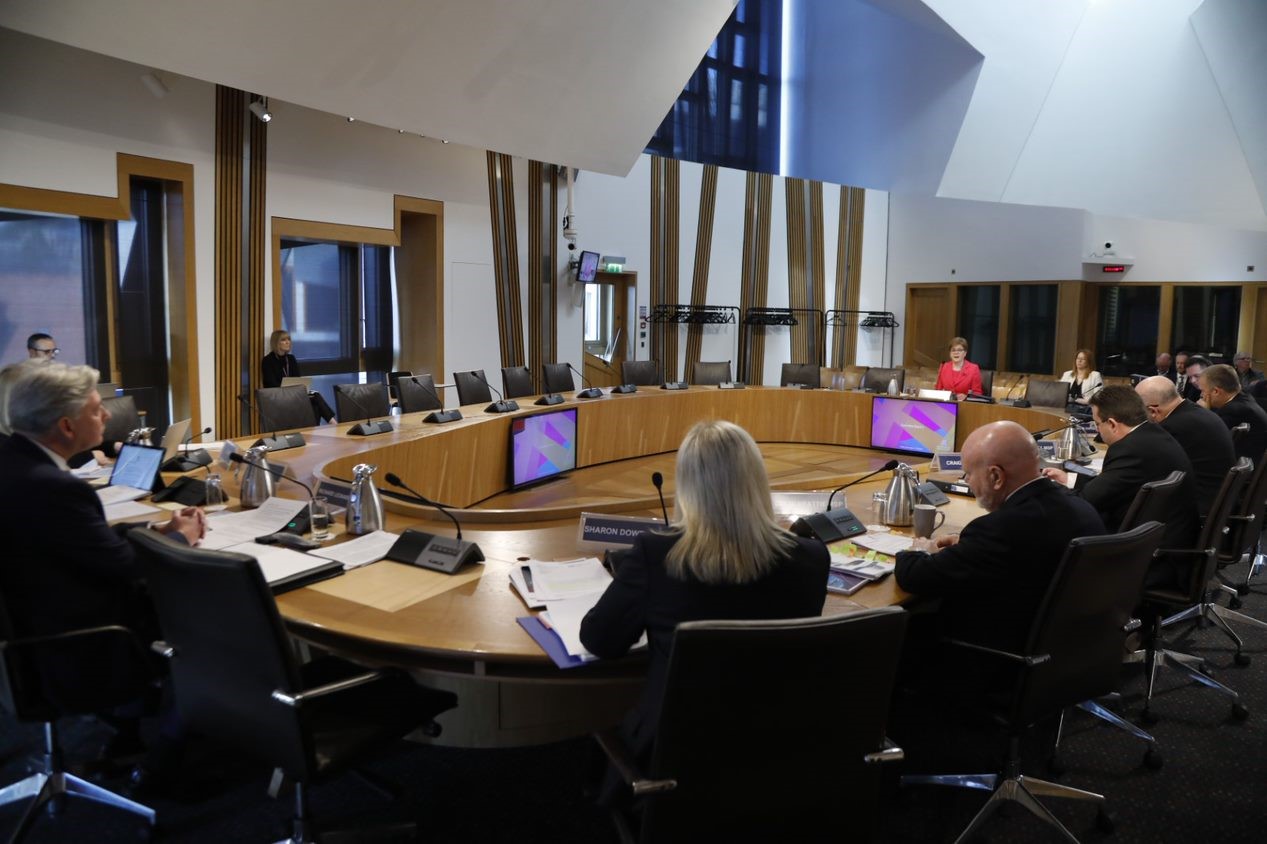
Audit work
New vessels for the Clyde and Hebrides: Arrangements to deliver vessels 801 and 802
The Committee began its scrutiny of the Auditor General’s Section 23 report, New vessels for the Clyde and Hebrides: Arrangements to deliver vessels 801 and 802 in the previous reporting year, taking oral evidence from the Auditor General at two separate meetings.
The Committee continued its scrutiny of the Section 23 report during the current reporting year, hearing from a range of witnesses over seven evidence sessions between 26 May and 4 November 2022 as follows—
two evidence sessions with Scottish Government and Transport Scotland;
one evidence session with the former director of Ferguson Marine Engineering Limited;
one evidence session with Caledonian Maritime Assets Limited;
one evidence session with the former Chief Executive of Transport Scotland
one evidence session with the former Minister for Transport and Islands and Cabinet Secretary for Finance and the Constitution; and
one evidence session with the First Minister.
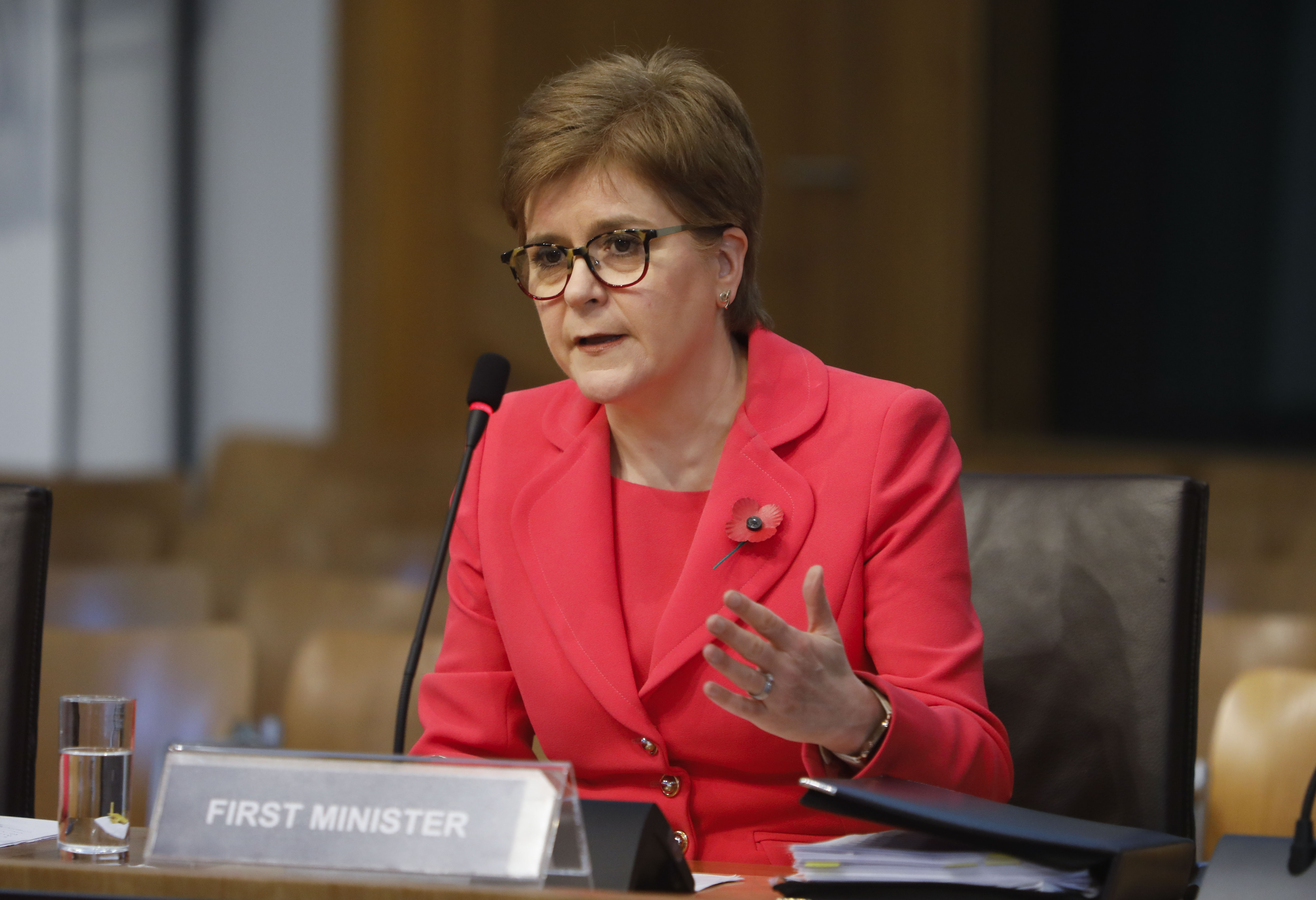
In October 2022, the Committee undertook a fact-finding visit to the Ferguson Marine shipyard. The focus of the visit was to engage first-hand with the workforce, senior management and trade union representatives to hear their experiences of constructing the vessels. It also provided an opportunity for the Committee to see how the project was progressing.
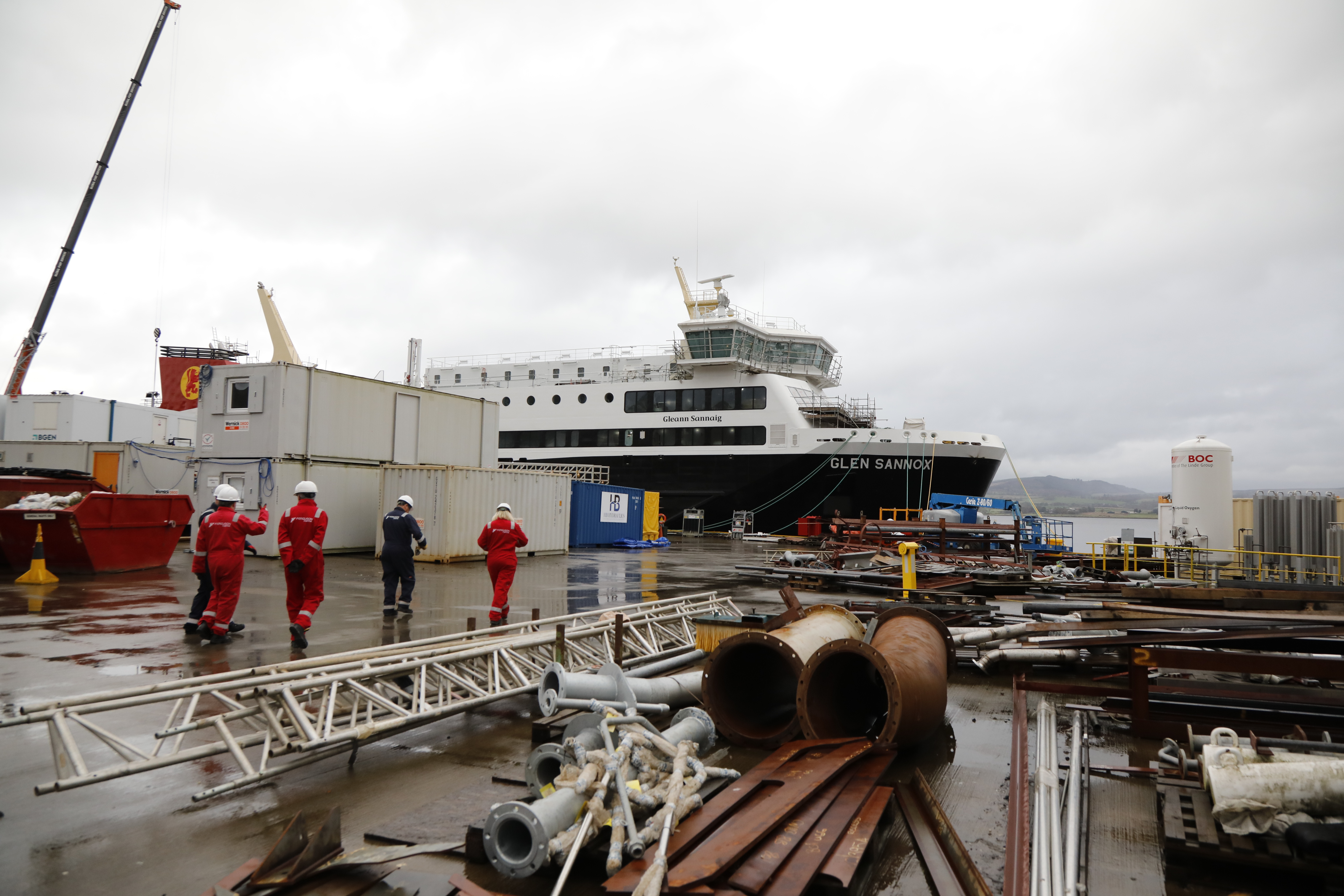
In addition to the oral evidence gathered, the Committee received 42 written submissions from witnesses, organisations, groups and individuals.
At the conclusion of the Committee’s evidence taking on the Auditor General’s report, it held eight meetingsi in private to consider its own draft report. The report, New vessels for the Clyde and Hebrides: Arrangements to deliver vessels 801 and 802was published on 23 March 2023.
The Committee has received responses to its report from the Scottish Government and the Auditor General. The Committee will consider these responses at the earliest possible opportunity in its work programme.
The 2021/22 audit of National Records of Scotland
The Committee took evidence from the Auditor General on 15 December 2022. The report highlighted additional census costs of £9.8 million due to the extension of the programme. Concerns were also raised in the report in relation to a lower than anticipated return rate. The Committee wrote to the NRS on 10 February 2023 seeking further information on a number of areas including how digital exclusion may have affected the return rate and received a reply on 13 March 2023. In its response, the National Records of Scotland provided information on the impact of digital exclusion on census completion and the steps that it had taken to maximise responses and ensure an inclusive approach. The Committee agreed to close its scrutiny of this report on 23 March 2023.
The 2021/22 audit of the Scottish Government Consolidated Accounts
The Committee took evidence from the Auditor General and Audit Scotland on 19 January 2023, followed by an evidence session with the Permanent Secretary to the Scottish Government on 23 February 2023. The evidence session with the Permanent Secretary also considered issues arising from the Auditor General’s briefing on Scotland’s public finances: Challenges and risks.
Following the evidence session, the Committee requested updates on the corporate transformation project, future audit and accountability arrangements for replacement European Structural Funds, how transparency can be improved and whether the Scottish Government planned to conduct a value-for-money evaluation on Prestwick Airport. The Permanent Secretary responded to the Committee on 28 April 2023 and the Committee will consider the response in due course.
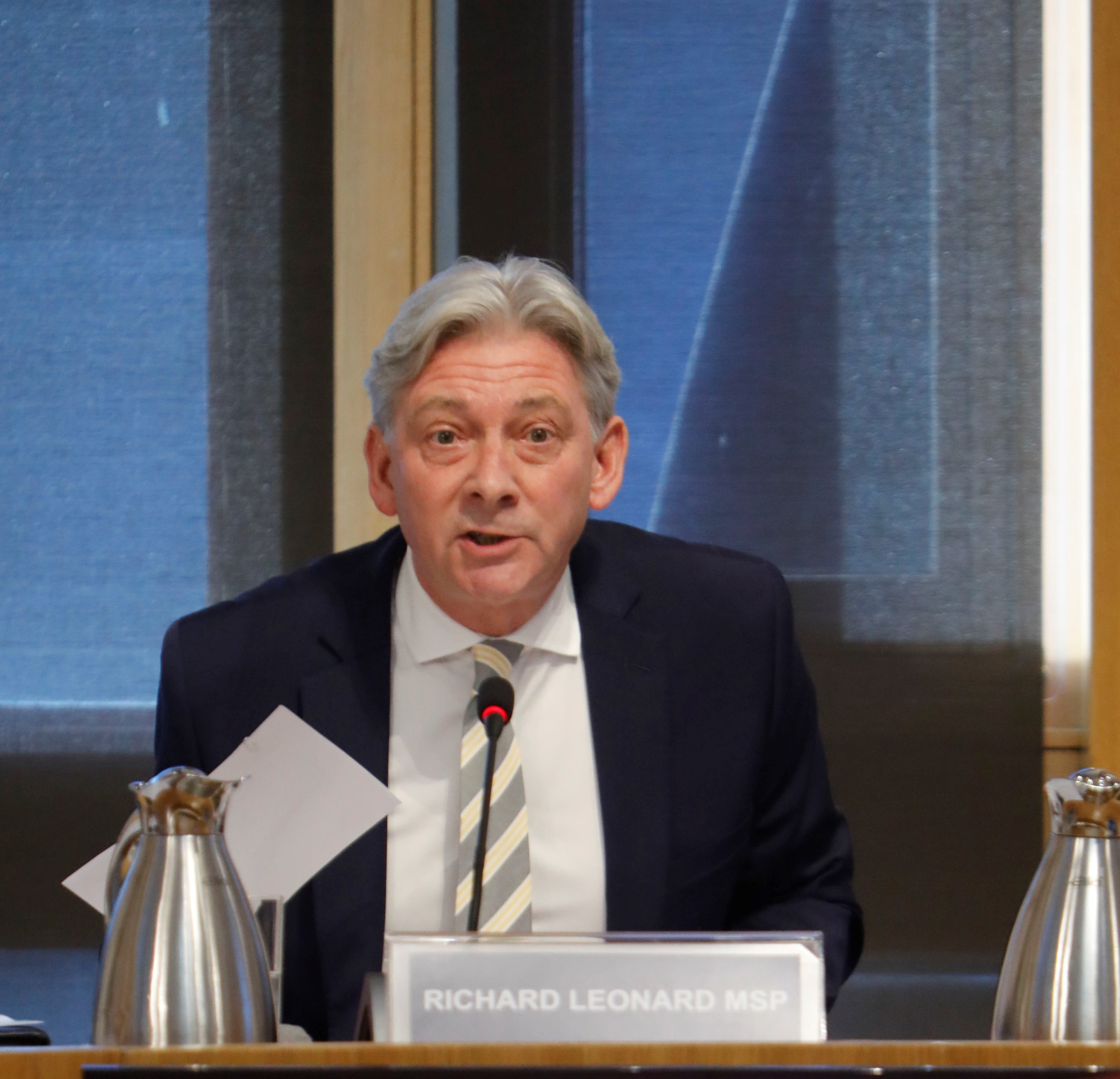
The 2021/22 audit of the Commissioner for Ethical Standards in Public Life in Scotland
The Committee took evidence from the Auditor General on 31 January 2023. The Auditor General reported that good progress had been made in addressing the substantial weaknesses identified in his previous Section 22 report, although some issues such as the backlog for investigating complaints, the timeline in addressing these and the joint recommendations with the Scottish Parliamentary Corporate Body (SPCB) remain a work in progress.
The new Commissioner gave evidence to the Committee on 30 March 2023 and highlighted the improvements that have been made and the work required going forward. The Committee wrote to the SPCB seeking further information on the work that is being undertaken to implement the joint recommendations set out in the auditor’s report. The Committee has received this information and will consider it at the earliest opportunity in its work programme.
The 2021/22 audit of the Crofting Commission
The Committee took evidence from the Auditor General on 2 February 2023 and noted the improvements that had been made following the previous Section 22 report and the publication of the Committee’s own report on 21 February 2022. Following the Auditor General’s evidence session, the Committee wrote to the Crofting Commission requesting further details about the work the Crofting Commission had undertaken. The Committee received a response from the Chief Executive of the Crofting Commission on 23 March 2023.
In considering this response, the Committee welcomed the progress made by the Crofting Commission and noted that the Auditor General would continue to monitor the work of the Crofting Commission through the annual audit process. The Committee closed its scrutiny of the report at its meeting on 27 April 2023.
NHS in Scotland 2022
The report highlighted the significant ongoing challenges faced by the NHS in Scotland, particularly after the Covid-19 pandemic. The Auditor General gave evidence to the Committee on 23 March 2023. This was followed by an evidence session with the Director-General of Health and Social Care and Chief Executive of NHS Scotland, Scottish Government on 4 May 2023. The Committee has agreed to defer consideration of its next steps in the scrutiny of this report until it has received further written evidence from the Scottish Government.
The 2021/22 audit of Ferguson Marine Port Glasgow (Holdings) Limited
The Auditor General’s Section 22 report focussed on the current situation at Ferguson Marine Port Glasgow (Holdings) Limited (FMPG) shipyard. It highlighted concerns on issues such as the final costs and delayed completion dates of the two vessels and the bonus payments to senior managers. On 27 April 2023, the Committee took evidence from the Auditor General and Audit Scotland and has invited FMPG and the Scottish Government to provide oral evidence in June 2023.
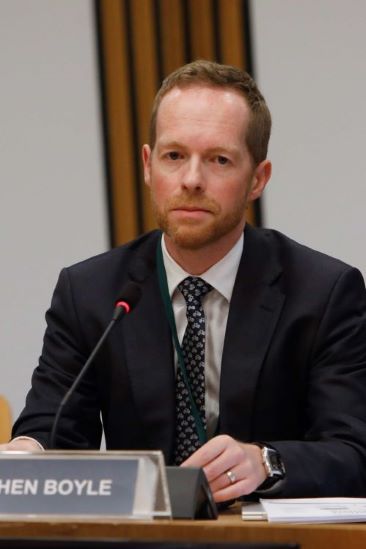
Covid-19 audit related work
Scotland’s financial response to Covid-19 (Section 23 report) and Scotland’s economy: Supporting businesses through the Covid-19 pandemic (Briefing)
The Committee considered the Section 23 report and briefing together, taking evidence from the Auditor General on 16 June 2022. The Committee subsequently wrote to the Permanent Secretary to the Scottish Government on 1 July 2023 asking for comprehensive Covid-19 financial reporting information to be published and the timescales for implementing the Auditor General’s recommendations that were included in the Section 23 report.
The Committee received a response on 12 August 2022. In his response, the Permanent Secretary gave assurances on comprehensive financial reporting linking budgets, funding announcements and spending levels.
Other audit work
Tackling child poverty
The Committee took evidence from the Auditor General on 6 October 2022 and then held a roundtable evidence session on 10 November 2022, with individuals and organisations who have a direct role in tackling child poverty. The Committee found the session very worthwhile and wrote to the Scottish Government for an update on its work in this area. The Committee then wrote to the Social Security and Social Justice Committee to highlight key issues that had arisen during the evidence sessions.
Administration of Scottish income tax 2021/22
The Committee considered the Auditor General’s assurance report on the Comptroller and Auditor General’s Administration of Scottish income tax 2021/22. The Committee heard from both the Auditor General and the Comptroller and Auditor General on 9 February 2023, it then held an informal private briefing with HM Revenue and Customs and the Scottish Government to help support its scrutiny work. The Committee took further evidence from HM Revenue and Customs and the Scottish Government at its meeting on 11 May 2023.
Scottish Government reports/ updates
The Committee continues to receive and consider updates from the Scottish Government on its Major Capital Projects and Major ICT Projects.
In February 2022, the former Director-General Communities at the Scottish Government wrote to the Committee to share the outcome of an independent review of the Scottish Government’s relationships with public bodies. The letter included the Scottish Government’s response to recommendations in the independent review.
The Committee took evidence from the Scottish Government on the progress it had made towards implementing the recommendations from the review on 6 October 2022 and received follow up information from the former Director-General Communities on issues raised during the meeting in November 2022.
Auditor General for Scotland’s draft work programme
In March 2023, the Auditor General formally consulted the Parliament on his draft work programme. The Committee took evidence from the Auditor General on 30 March and subsequently wrote to the other Parliamentary committees seeking their views on issues within their remits which they considered to be a priority, to help inform the Auditor General’s future work programme.
The Committee will submit a Parliamentary response to the draft work programme in the next reporting year.
Post-legislative scrutiny
The Committee does not have the same powers as other Parliamentary committees in relation to carrying out post-legislative scrutiny and therefore did not undertake any work in this regard.
Meetings
The Committee met thirty-one times in this Parliamentary year. Twenty-six meetings were held in public and partly in private. These meetings were mainly “in person” meetings with six hybrid meetings, to enable a Member or witness to attend virtually. No meetings were held wholly in public. Five meetings were wholly in private. The Committee meets in private to consider evidence that had been heard, as well as to consider any draft reports, its approach to specific audit reports or to consider its future work programme.
During the reporting year, the Committee met informally with representatives of the Accounts Commission on one occasion to learn more about its work. At a separate meeting, the Committee received an informal private briefing from HM Revenue and Customs and the Scottish Government in relation to the administration of Scottish income tax to inform its approach to scrutiny on this subject.
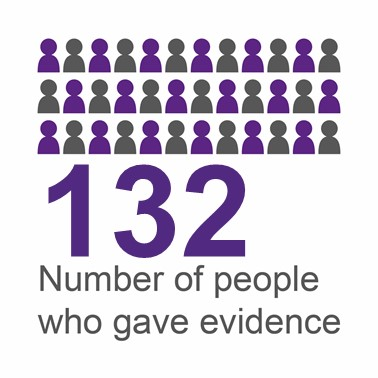
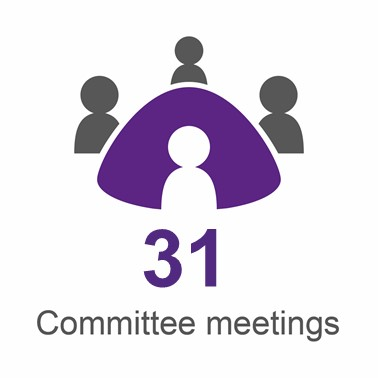
Equalities and engagement
The Committee regularly considers equalities issues as part of its work programme. In relation to its scrutiny of the Auditor General and Accounts Commission’s joint briefing on tackling child poverty, the Committee agreed to hold a roundtable evidence session with individuals and organisations directly involved in addressing child poverty.
As part of its scrutiny of the 2021/22 audit of National Records of Scotland (NRS), the Committee sought confirmation that, as part of its evaluation work, NRS would specifically look at the extent to which digital exclusion impacted on people’s ability to complete the census. In particular, the Committee asked NRS to determine whether there is a direct parallel between deprivation, digital exclusion and participation in the online census. In written evidence to the Committee, NRS confirmed that it will reflect all lessons learned, including those relating to digital exclusion, in its forthcoming evaluation report of the Census Programme. The NRS also confirmed that a range of alternatives were in place to help reduce the impact of digital exclusion, such as the availability of paper copies, doorstep visits and collections, targeting specific community groups and telephone accessibility helped aid areas where digital provision was not effective.
The Committee welcomed the continued commitment of the Auditor General toundertake audit work in relation to inequalities as part of his future work programme.
During evidence gathering on the New vessels for the Clyde and Hebrides: Arrangements to deliver vessels 801 and 802 inquiry, the Committee visited the shipyard and heard directly from the workforce and union representatives as well as senior managers on the issues that have affected the project. The Committee noted in its report how valuable the workforce engagement was. Although the Committee did not hold a formal “call for views” as part of its scrutiny it was very appreciative of the amount of written evidence submitted by individuals and organisations with an interest in the issue.
During the Parliamentary year, the Committee’s twitter account reached over half a million twitter users. The Committee’s account now has 2,804 followers, a 15% increase from the previous reporting year. The Committee continues to post tweets and video content to share information about its work. The Committee’s round table evidence session on tackling child poverty generated over two thousand engagements and thirty-six new followers. The Committee’s most watched video clip was of Scottish Government officials giving evidence in relation to its scrutiny of the Auditor General’s New Vessels for the Clyde and Hebrides report. This clip was viewed more than 93,000 times and has been retweeted more than 300 times.
The Committee also used the Parliamentary Facebook account to generate interest in its work. The evidence session with the former First Minister on 4 November 2022 on the New vessels for the Clyde and Hebrides evidence session was watched live by over 31,000 people, with over 97,000 viewing the Facebook post. A short compilation video from the tackling child poverty roundtable evidence session also generated over 5,000 views on the Parliamentary Facebook page.